This post may contain affiliate links. Please read our disclosure policy.
Meal Planning every week will save you time, money and possibly your sanity when you’re feeding your family.

Once you have a family, the idea of being spontaneous goes out the door. Between jobs, school, sneaking in a few minutes to exercise and keeping kids entertained, parenting is a full time job and then some. At the end of it all, all you want is a simple meal that everyone in your family enjoys. Over time I’ve created several meal planning strategies I live by that keep me sane for the 21 meals (plus snacks!) that I’m responsible for feeding my family each week. Here are 10 Menu Planning Tips that are total game changers and keep me sane:
1. Recipe search: Between Pinterest, your favorite food sites, social media and your secret family recipes, you should be able to find an arsenal of recipes that meet your time allotment and budget.
2. Record your meals: I keep my meal plans in a google drive so I can look back week to week at favorite recipes the entire family enjoyed. Evernote, Springpad, a written calendar or your computer are all great ways to keep yourself organized.
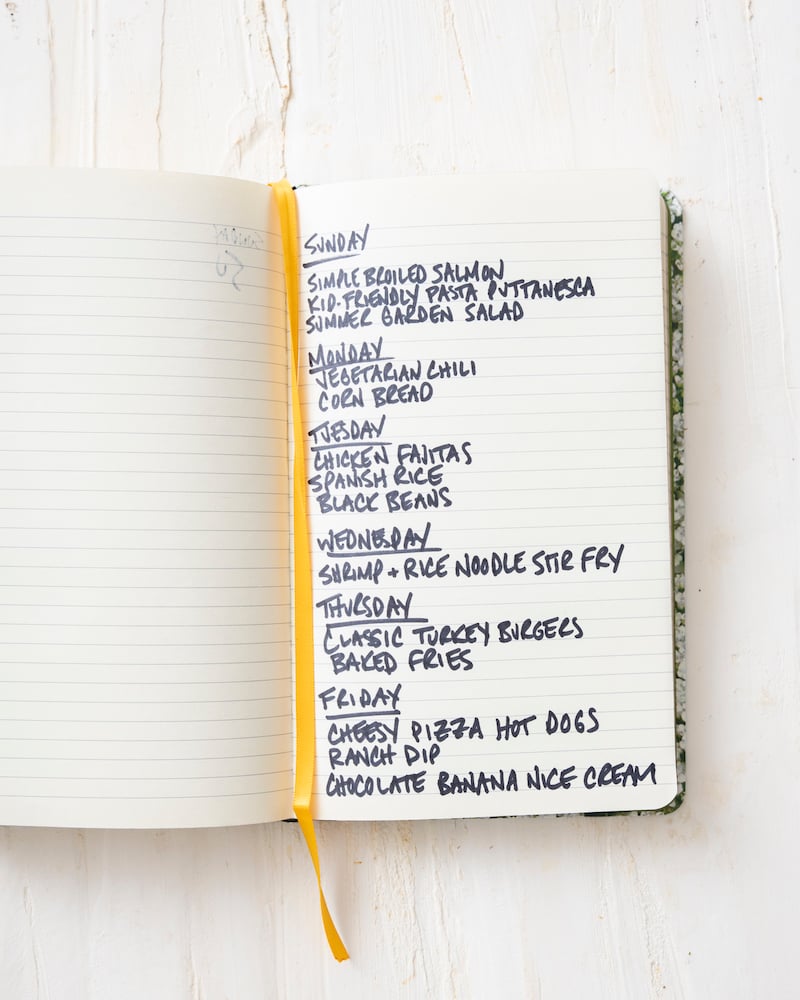
3. Plan your menu: I generally have more time to cook on Sundays, so I tend to pick meals that take a bit more time or are slightly more adventurous on that day. Always base your meal plan week to week around how much time you will have on any given day.
4. Vary meals: I’m a big believer in balance. Monday is always #meatlessmonday in our house (the star of the show is usually tofu, eggs, lentils, beans, pasta or rice.) From then on, I focus on switching up theme nights, variety within proteins (chicken, salmon, white fish, shrimp and occasionally pork or red meat) served and making meals inspired by different parts of the world to keep meals even more fun and expand my kids’ palates.
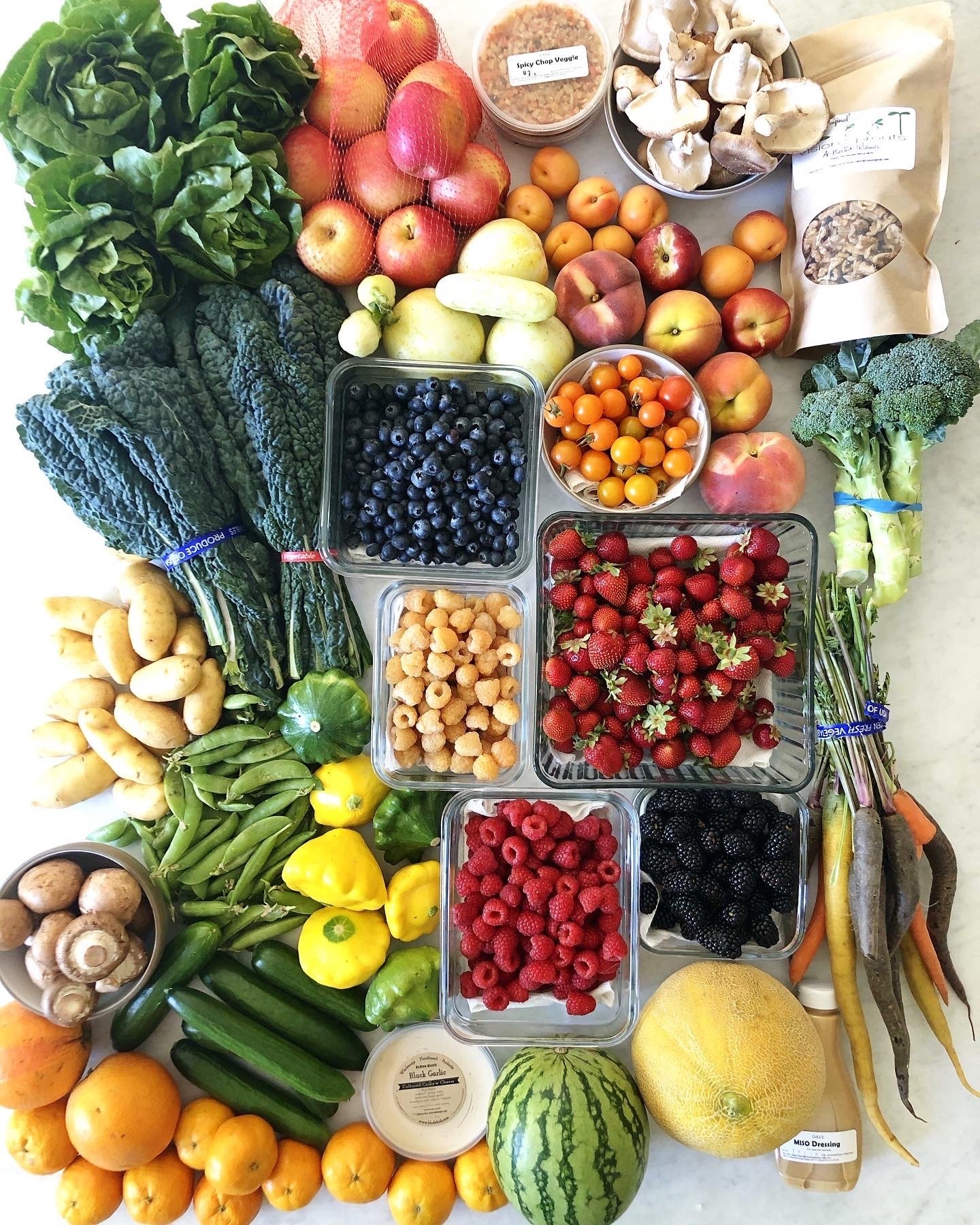
5. Keep a list: I keep a list of our family’s favorite foods on my phone. When I’m creating my menu for the following week I check the fridge, freezer and pantry to make sure we’re fully stocked on basics and our favorite foods, as those are the foods we go through fastest week to week. This way I can edit off the foods we don’t need to stock up on which makes creating the list even faster and easier. Here’s what we always keep on hand:
- grains: quinoa, brown rice, farro and polenta or cornmeal
- cereal: oats, muesli or granola and a good whole grain cereal
- oils: olive, avocado, coconut and organic canola or vegetable for baking
- baking essentials: all purpose and whole wheat flour, baking powder, baking soda, kosher and sea salt
- legumes: dried and canned black, pinto and garbage beans and green, brown and red lentils
- spreads: almond, peanut and sun butter plus fruit preserves
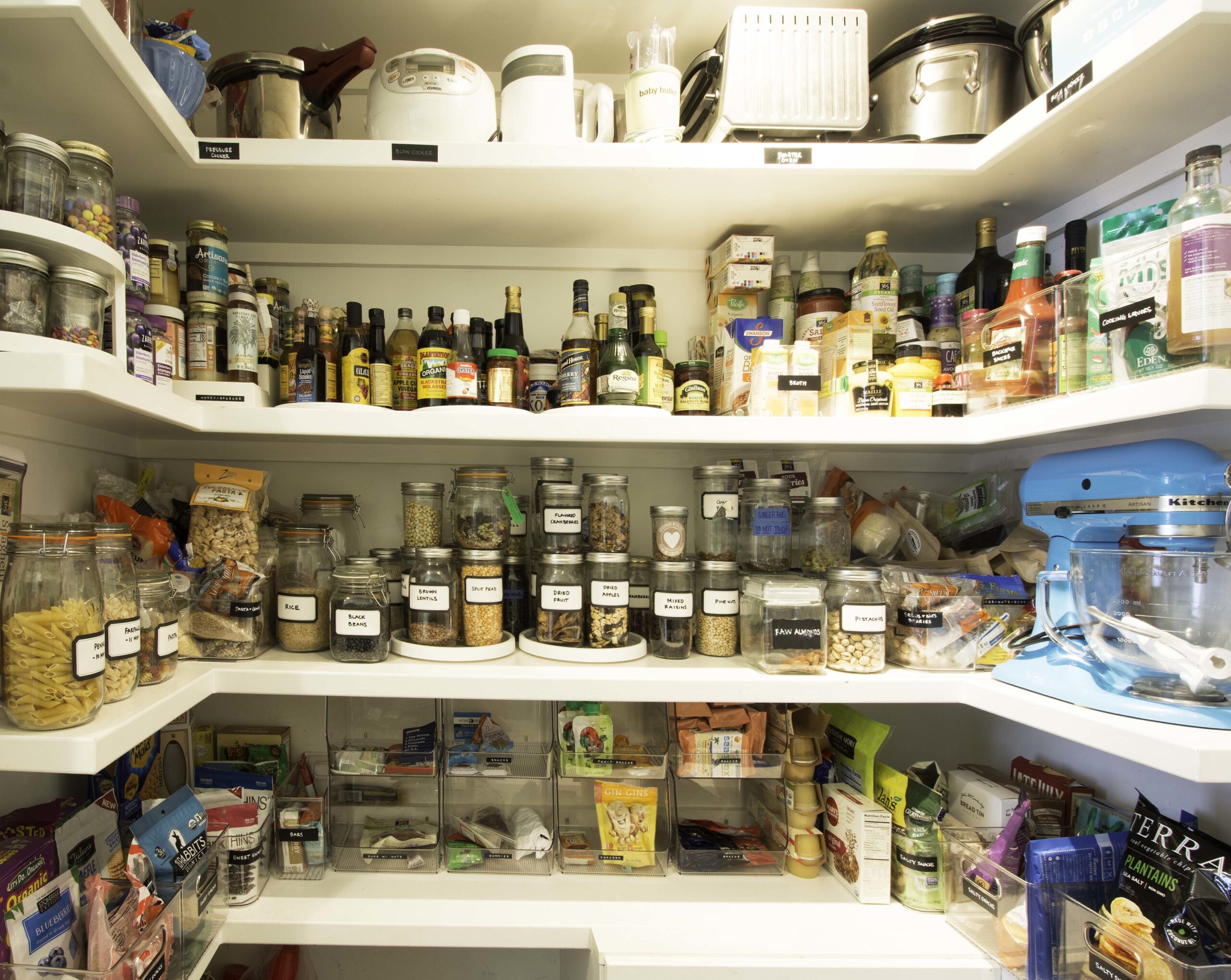
6. What’s in season: We generally buy our fresh fruits, vegetables, fish, eggs and fresh bread at the farmers market on Sundays and pick up remaining odds and ends at one or two local grocery stores. I’m able to purchase super fresh, seasonal and local foods at the farmers market and buy only what’s on our menu plan for the week which saves money and avoids waste. The same goes for if you’re shopping at the grocery. Buy produce in season and on sale for the freshest quality fruits and vegetables.
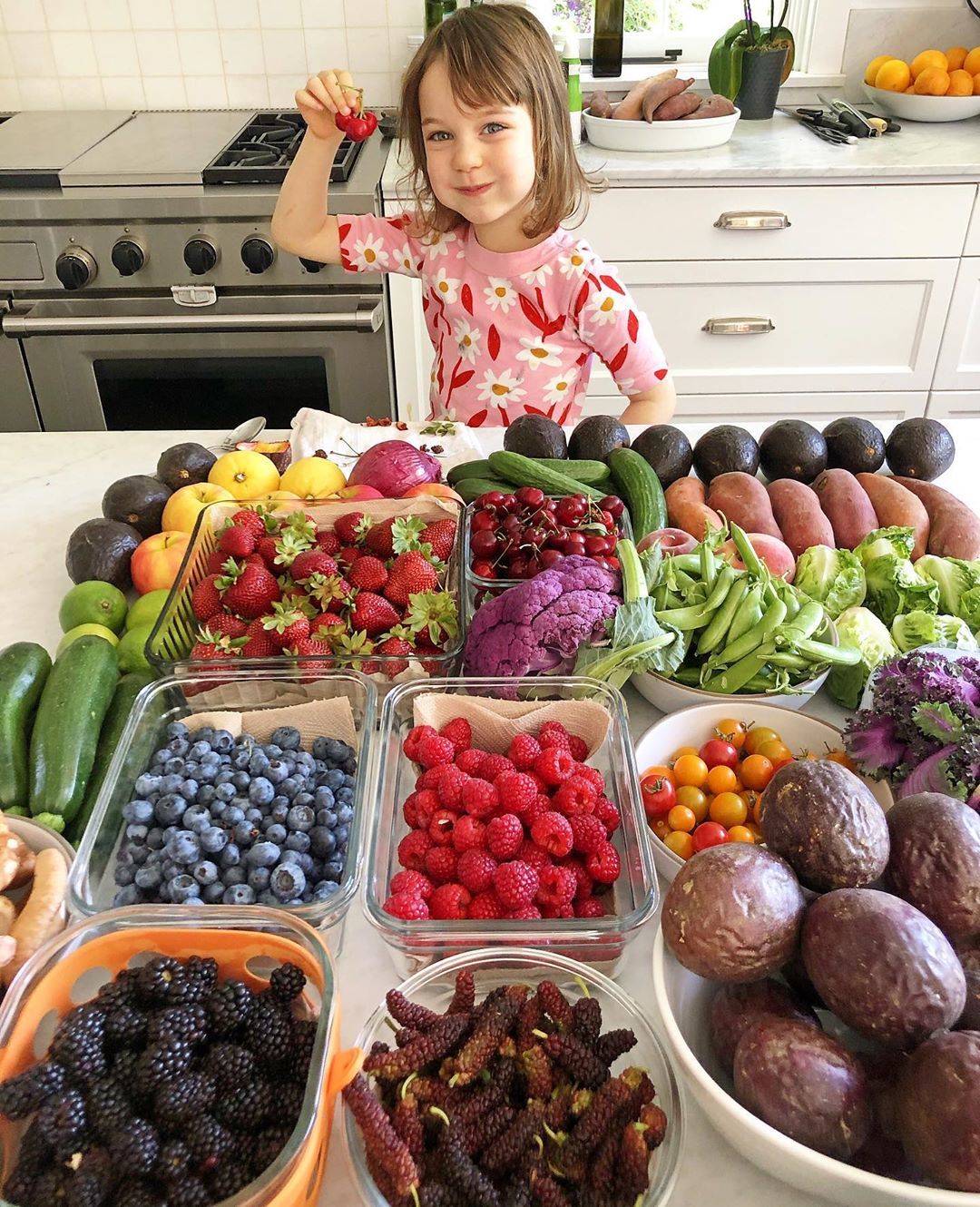
7. Double recipes: Especially if you’re someone who doesn’t love cooking, double your go-to recipes. This way you can freeze your favorite foods or enjoy them twice in a week. Here’s a few containers I love to store leftovers in so you can easily see them.
8. Leftovers: When I’m shopping and cooking I always try to make a little more than I need so I can enjoy last night’s dinner for lunch the next day. This especially goes for simple foods like cooked quinoa or rice, roast vegetables, sautéed greens, grilled chicken, and broiled salmon.
9. The lost meals: Don’t forget about breakfast and lunch. It’s natural to meal prep dinner as it’s the busiest meal of the day, but making sure you have enough variety in the first two meals of the day can cut down on time in the kitchen and even utilize extra foods you have on hand.

10. SOS: no shame in the game of asking for help. Whether you ask (tell) your significant other to prepare dinner one night (or two) or assign older kids to take on dinner prep, it’s ok to ask for help. There’s no reason you should handle every meal on your own. It’s empowering to turn over the responsibility and lets you off the hook once in a while to go have some fun.
What are some of your menu planning tips?
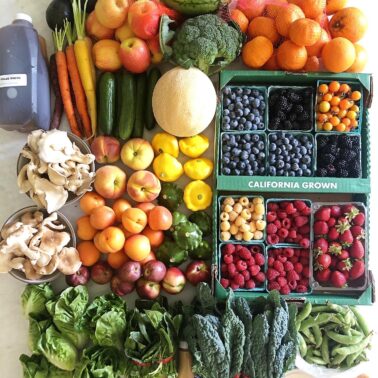

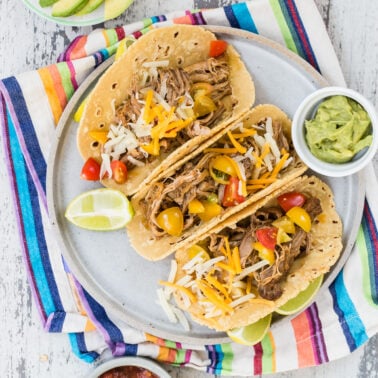
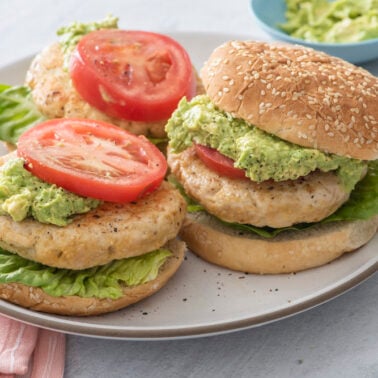

We used to use your meal planning service and it was great. The recipes were very family friendly and tasty. We still have a lot of the recipes saved and use them for meal planning all the time.
I tend to plan our weekly menu AFTER I know what veggies and fruits are in season and available from local farmers or the grocery store. I prefer to adapt a recipe to what ingredients I have on hand rather than buying something out of season that will not taste that great. I also preserve excess produce when I can. For example, sweet summer corn cut off the cob and frozen is a wonderful treat in a winter dinner.